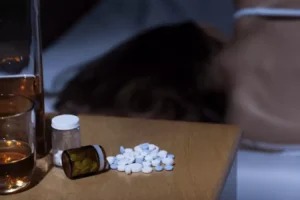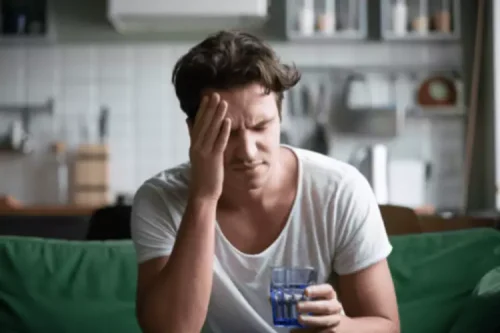
With Dr Ana’s help, we’ve ranked different types of alcohol from worst to best for your skin below. The helpline at AddictionResource.net is available 24/7 to discuss the treatment needs of yourself or a loved one. This helpline is answered by Legacy Healing Center, an addiction treatment provider with treatment facilities in California, Florida, Ohio, and New Jersey. Addiction Resource aims to provide only the most current, accurate information in regards to addiction and addiction treatment, which how alcohol affects your skin means we only reference the most credible sources available. Alcohol acts as a diuretic, and when it pulls moisture out of your skin, the dehydration can also leave skin looking dull.
The Truth About Alcohol-Free Skincare Products
“Rosacea is a condition that is triggered by alcohol consumption – especially red wine – as it’s an inflammatory condition, so when we drink alcohol we’re increasing chances of a flare-up,” she says. Rosacea is a skin condition that results in visible blood vessels and redness in the face (usually across the cheek area and forehead). Rosacea can affect the eyes, and also lead to rhinophyma (thickening of the skin on the nose, resulting in a bulbous appearance). According to a 2020 study, applying topical brimonidine to the skin before drinking alcohol may be effective in reducing the appearance of flushing. Brimonidine is prescription-only, and doctors sometimes prescribe it to people with rosacea. Due to the conflicting evidence in many cases, the precautionary toxicological principle should be currently favoured in the evaluation of ethanol for topical uses.
How Alcohol Affects the Skin
This paragraph summarizes the scientific proof for this association, which has been primarily derived from epidemiological studies about the ingestion of alcoholic beverages. After regular application of ethanol on the skin (e.g. in the form of hand disinfectants) relatively low but measurable blood concentrations of ethanol and its metabolite acetaldehyde may occur, which are, however, below acute toxic levels. Only in children, especially through lacerated skin, can percutaneous toxicity occur. By stopping your alcohol consumption, you can reduce the symptoms of these conditions or heal them altogether. Over several days to 1 year, your skin will become brighter, firmer and healthier. If you are a heavy drinker, your alcohol use will soon affect your skin health.
- Prolonged alcohol consumption and alcohol use disorder can lead to or aggravate a variety of skin conditions.
- Regular heavy drinking can trigger psoriasis — a condition where skin cells build up and make dry, itchy patches.
- Dehydration caused by chronic alcohol use may lead the skin to overproduce sebum, the naturally occurring oil in your skin.
- However, the risk arising from this product group does not result primarily from systemic blood alcohol concentrations, but emanates from the locally formed acetaldehyde (see section ‘Carcinogenicity of ethanol’ above).
- You’ll just need to take a few moments to complete our online scheduling request form.
Contents

Unfortunately, white wine tends to be high in sugar too, just like cocktails. “The high sugar content of white wine leads to decreased levels of GAGs (Glycosaminoglycans – these support the proteins of our cells) which in turn, breaks down collagen and elastin,” explains Dr Ana. In addition, the high sugar levels of cocktails can also leave skin looking dull and sallow. So next time you’re perusing the menu on a night out, bear in mind that a Margarita is the worst offender as it contains sugar and salt, both of which can leave skin puffy. As the skin begins to heal from the inflammation and toxic exposure, it can cause breakouts.

What goes in your drink, how you spend your night, and even how alcohol makes you feel all contribute to what happens to your skin and how it will look the morning after. Alcoholic myopathy can affect appearance by decreasing muscle mass, making arms and legs appear thin and weak. ‘Alcoholic face’ or ‘puffy face’ is a result of the dehydrating effects of alcohol.
Drink Every Other Day—Or Less

Dermatology Partners in Lakewood and Denver, Colorado, “I see many patients who have noticed dark circles, redness, inflammation, and accelerated skin aging. I always ask about alcohol consumption, and I hope my patients are straightforward with me about how much they drink. The exclusion of inhalative uptake was given as rationale for the lower concentrations in comparison to other studies.

